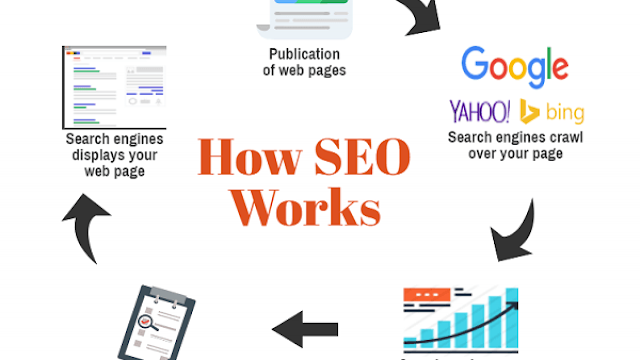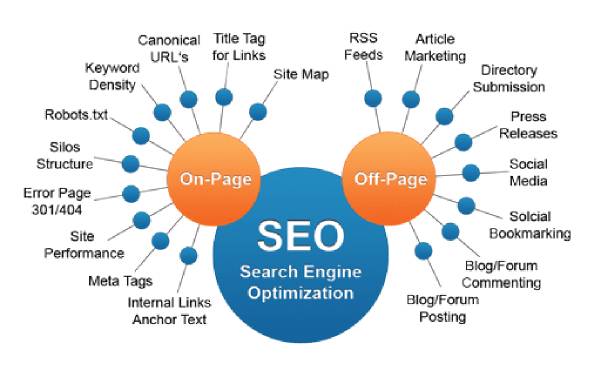How Does SEO Work
The internet provides humans with practically limitless access to information. Few people, however, understand how search engines function and how they may offer the perfect answer in the blink of an eye.
Crawlers come to your site to figure out what it's about. These bots examine the content that people see, such as text and images, as well as content that users cannot see, such as structured data and image alt text.
They conduct this over billions of pages on the internet in order to comprehend every page on every website, as well as how they all relate to one another.
Then, based on a set of criteria, search engine algorithms rate your material. Do you, for example, have content that is related to a user's search terms? Is your website optimized for mobile search? Are you an authority on the subject?
Several factors influence how well your site performs in search engine results pages (SERPs), including how well you optimize your content to rank for relevant keywords and the overall quality of the user experience you give.
Factors that influence Google rankings
What factors does Google consider when deciding what to display at the top of its search results?
It is based on about 200 ranking parameters, some of which are more essential than others. For example, the speed with which a page loads is important, but the quality of the material is much more important. Furthermore, some meta tags are really important for how well your site ranks in search, while others, such as meta descriptions, are completely irrelevant.
Google is always seeking for good quality, which is something that is consistent across the board. To that purpose, Google's Quality Guidelines can be seen here.
The following are SEO Ranking parameters that apply to the entire website:
- Website traffic volume
- Domain trust
- XML sitemap
- SSL certificate
- Streamlined HTML
- Site architecture
- The quality of content in the website
- User experience
- Internal linking
- Backlinks from authoritative domains
The following are SEO ranking factors for individual web pages (on-page SEO):
- Keywords
- URL
- Title tag
- Semantic headings on the page
- Content quality
- Schema markup
- Internal links pointing at the page
- Backlinks from authoritative pages
- Anchor text of inbound links
Your Top SEO Questions Answered: How Does SEO Work?
So, when it comes to SEO, what matters?
- Is it all about the links?
- Is the URL structure really that important?
- So, what is a meta description, exactly?
- Is it necessary for you to write a 2,000-word blog post four times a day?
- Before I get into the more technical components of SEO, I'll answer some of the most often asked questions.
Is SEO no longer relevant?
What Do You Think Is The Most Crucial SEO Factor?
- Is it true that links matter? Yes.
- Is it necessary to have links in order to rank? Most often, but not always.
- Is the length of the content important? Yes, but a bad long post will not outrank a great short post.









No comments:
If you have any doubts, Please let me know